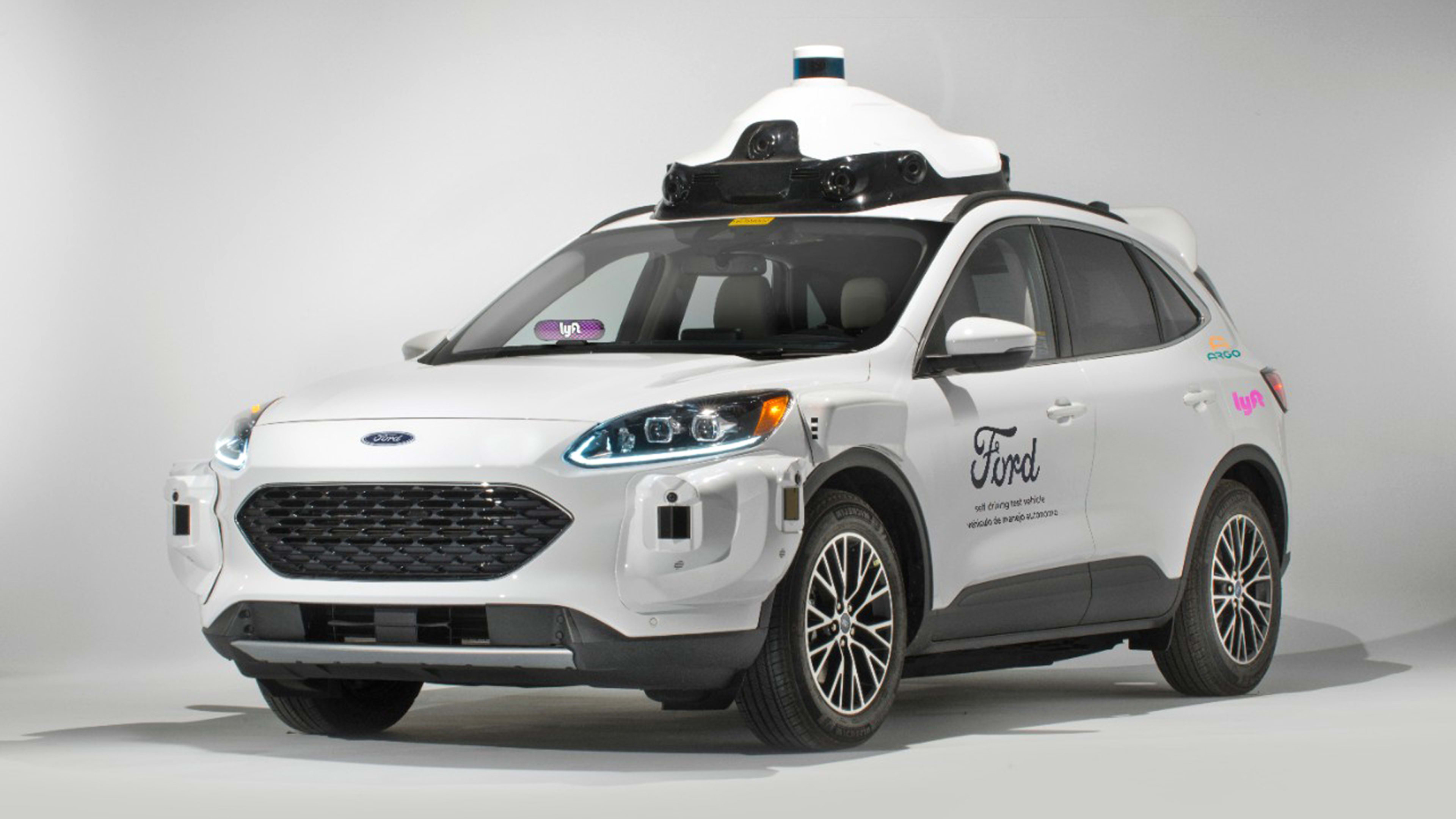Lyft has discontinued its self-driving offerings in Miami and Austin just hours after its partner, Argo AI, announced it was ceasing operations.
Ford, which is a major backer of Argo AI, said it was shifting its self-driving plans and that the company was shuttering Wednesday afternoon. “We’re optimistic about a future for L4 ADAS [level 4 advanced driver assistance systems], but profitable, fully autonomous vehicles at scale are a long way off, and we won’t necessarily have to create that technology ourselves,” Ford CEO Jim Farley wrote in the company’s earnings report. Volkswagen, another key backer, also changed its strategy and said in a release it will focus on other AV efforts and partnerships.It’s a swift downfall for the company that was discussing going public just over a year ago.
“Argo AI has been a great partner and we’ve learned a lot from each other,” a Lyft spokesperson tells Fast Company. “This development does not impact Lyft’s autonomous strategy. We will continue working with our other partners to advance the safety and commercialization of AV technology.”
Spokespeople for Argo and Ford did not immediately respond to separate requests for comment. Ford and VW plan to absorb some Argo employees, the companies said. Farley added in the report that Argo had been unable to attract new investors. In its earnings report, Ford said it recorded a “$2.7 billion non-cash, pretax impairment on its investment in Argo AI, resulting in an $827 million net loss for Q3.”
Founded in 2016 by Bryan Salesky and Peter Rander, Argo AI has played a large part in Lyft’s self-driving ambitions. Ford, Lyft, and Argo announced a partnership in 2021 with plans to deploy at least 1,000 autonomous vehicles on the Lyft network within five years. Lyft took a 2.5% stake in the company at that time. Since then, Lyft has managed to roll out its self-driving offerings in both Miami and Austin, the latter having debuted just last month.
Ending operations in the two cities doesn’t necessarily mean an end to Lyft’s self-driving ambitions. The company, which sold its own self-driving unit to Toyota in 2021, also partners with Aptiv-Hyundai’s Motional and Alphabet’s Waymo to offer driverless rideshares. Lyft says it’s completed more than 100,000 autonomous rides through its partnerships.
“We’re well positioned to win the AV transition through the combination of our hybrid network, marketplace engine, and fleet management capabilities,” the Lyft spokesperson says.
Recognize your brand’s excellence by applying to this year’s Brands That Matter Awards before the early-rate deadline, May 3.
